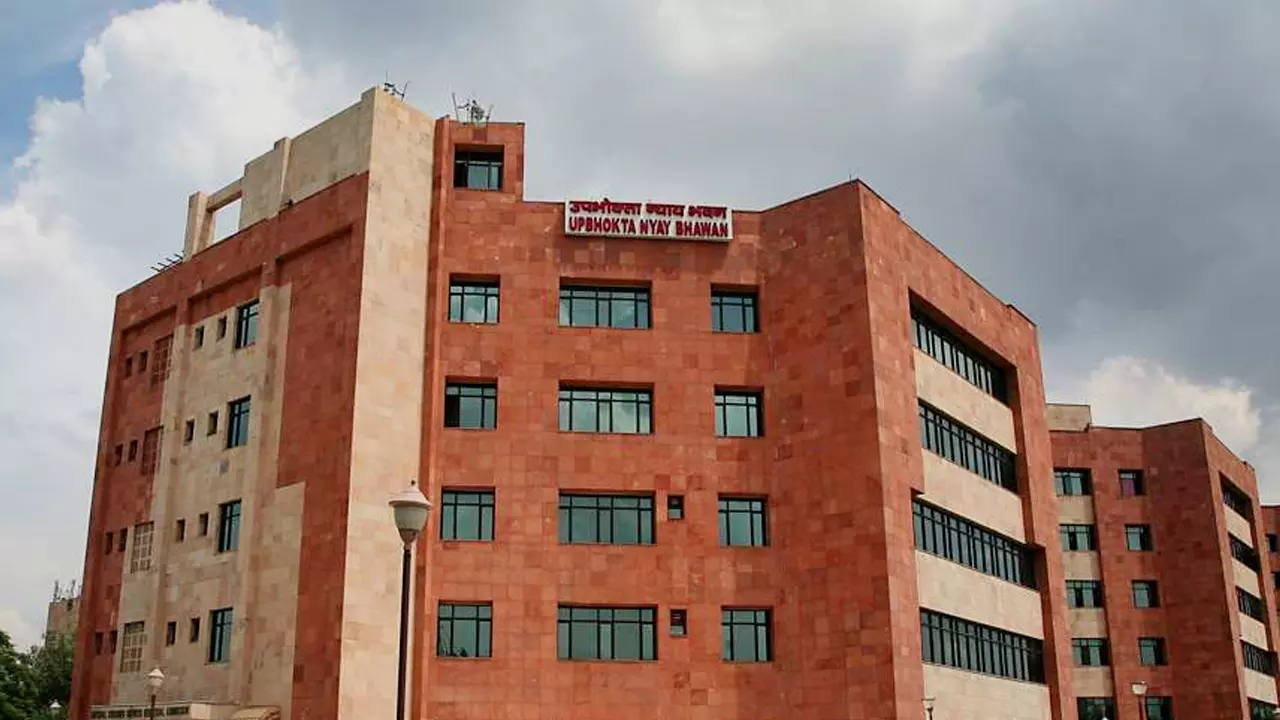The National Consumer Disputes Redressal Commission, presided by Justice Ram Surat Maurya (presiding member) and Bharatkumar Pandya(member), in a complaint against MVL Holding Ltd ruled that commercial space booked for doing business by way of self-employment comes under the definition of commercial purpose. The complaint was dismissed on the aforementioned ground. Contentions of...

